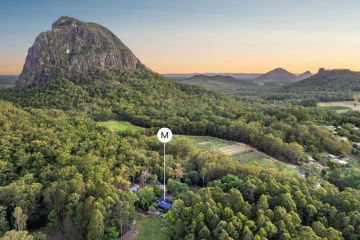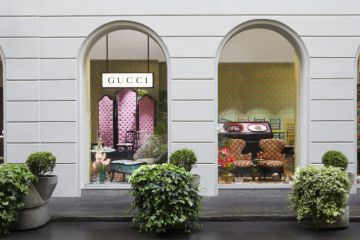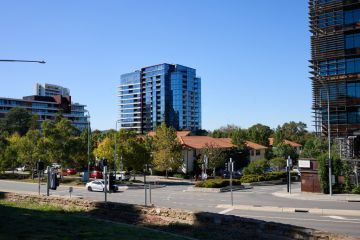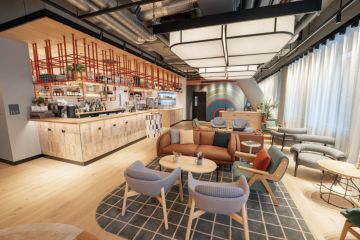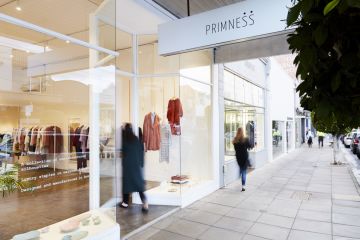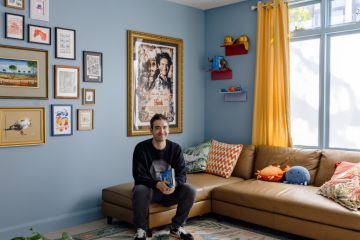Introducing Brixels: How the brick has been reinvented to rotate on command

When art and function meet technology, you can bank on the product looking something a little like magic.
After years of dodging reinvention, the humble clay brick has met its 2018 match, with New York design studio Breakfast creating the Brixel: A brick that behaves like a pixel.
Brixels are “infinitely rotating” bricks controlled by software that can pivot and change colour in real time.
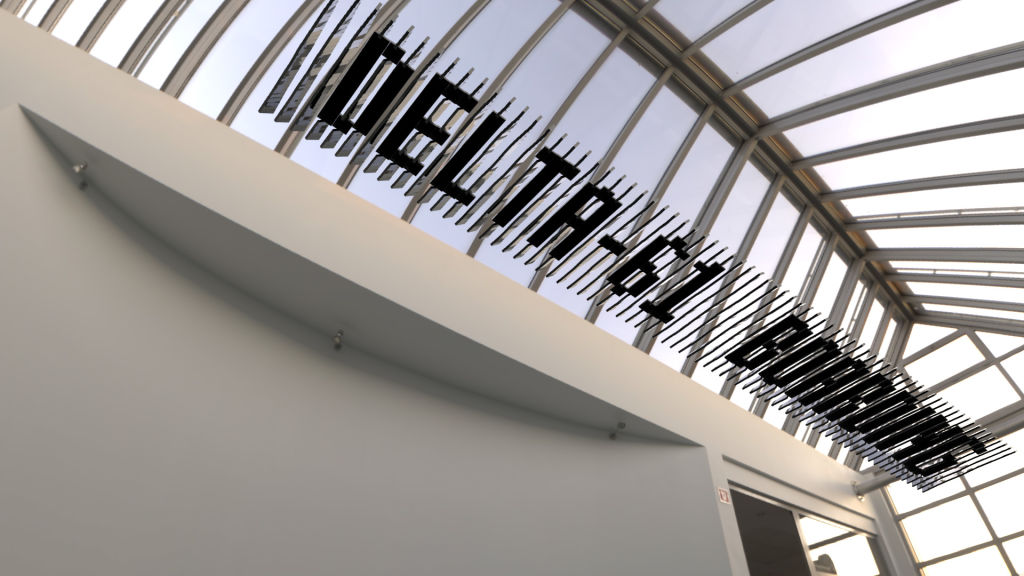
In revealing the project to the public this week, Breakfast’s co-founder and head of design Andrew Zolty said Brixels create a three-dimensional and interactive visual experience “whose look and feel can evolve over time via real-time data and software updates”.
“We saw an opportunity to blur the lines between what is deemed art, infrastructure and a digital display,” he said. “We sought to develop a new medium that would allow us to create a variety of captivating installations that are, at first, perceived as art, and second, deliver relevant information and unique experiences.”
In an interview with Muse, Zolty said the idea for the interactive bricks came as he was waiting for a train.
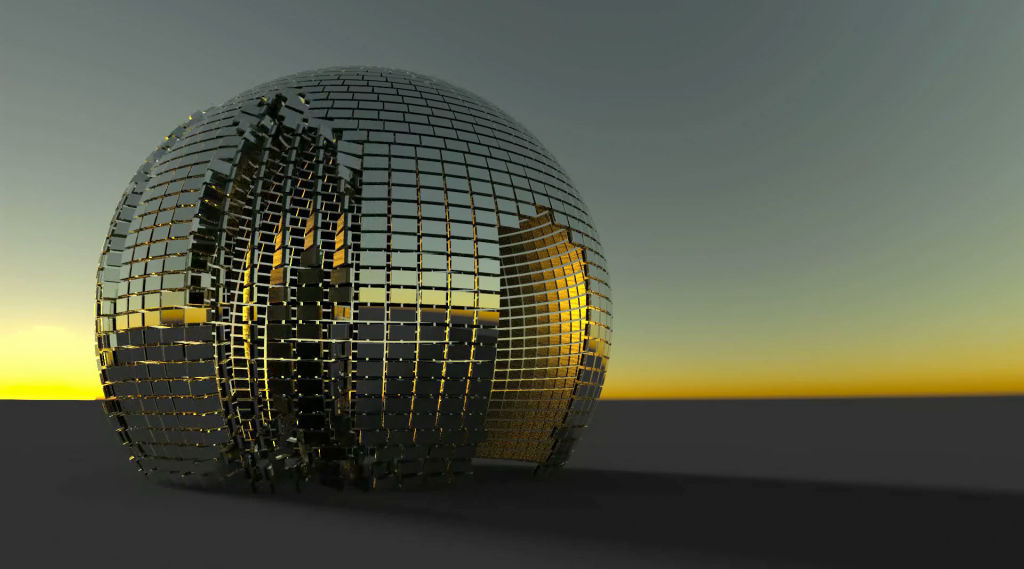
“I was waiting for my train last winter and the sun was in such a position that it cast these amazing shadows of the people walking on the platform onto a metal fence that divided the tracks. The visual was so mesmerising that I wanted to see if we could develop something that had a similar effect.”
- Related: The house that balances on a pole
- Related: Inside the mind of sculptor Steven Clark
- Related: The materials that define the Australian home
According to the design team, Brixels can be used in a multitude of ways, whether that be for interactive art sculptures or architectural facades. While they can be controlled by an app, Brixels also respond to the movement of the people around them. Brixels are customisable by shape, colour, material and size.
To showcase what Brixels are capable of, Breakfast created Brixel Mirror, a 4.8 metre by 2.7 metre installation made up of 540 black and mirrored bricks that move on command.
It’s not the first time the Breakfast team, a small group of designers and engineers based in Brooklyn, have created kinetic sculptures.
In the past, Breakfast created Luster (formerly Instaprint), which prints social media posts instantly, Thread Screen, a kinetic installation of 6400 spools of thread rotating through 36 colours and Flip Disk, an installation made up of tiny plastic discs that physically flip at up to 40 frames-per-second.
We recommend
We thought you might like
States
Capital Cities
Capital Cities - Rentals
Popular Areas
Allhomes
More
